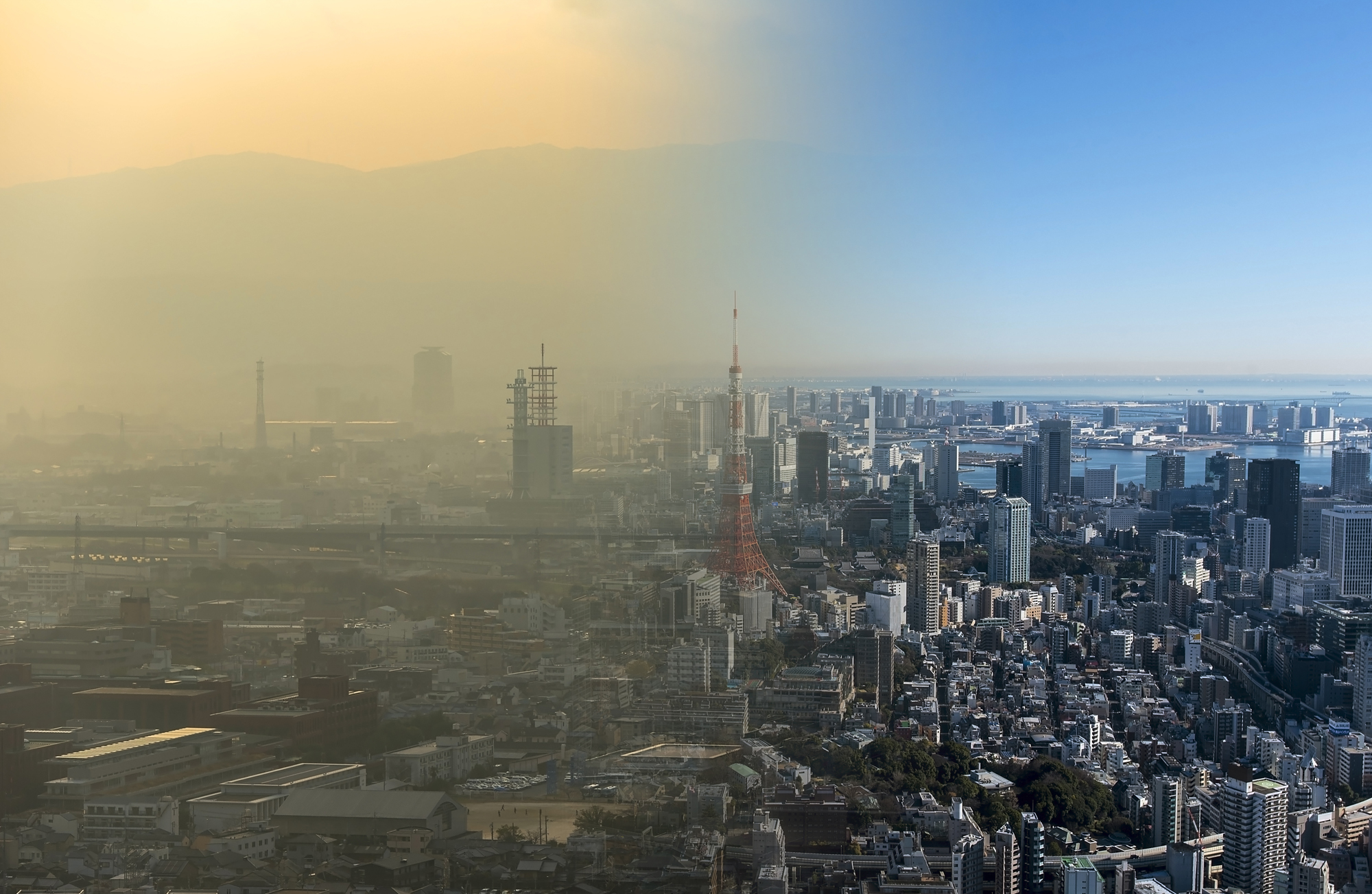There are days when Makiko Ishikawa can barely breathe. Indeed, the 62-year-old Tokyoite has been short of breath for decades. In the early 1970s, she began feeling the effects of the miasma of vehicle exhaust along Shin-Ome Road, which ran by her home in the city of Musashimurayama in western Tokyo. In 1976, she developed bronchial asthma at age 20. Although she was repeatedly hospitalized with coughing fits, doctors prescribed medication for allergies. Her symptoms only grew worse.
Ishikawa is vice-president of a group fighting to win compensation for illnesses it claims are caused by air pollution. In 2007, plaintiffs won a settlement from local governments and automakers in Japan, but the group has been back in the news recently because its members say they haven't received promised compensation for medical costs. It's one of several ways that air quality is being put back into the spotlight ahead of the 2019 Rugby World Cup in Japan and the 2020 Tokyo Olympic and Paralympic Games.
"Air pollution causes respiratory diseases such as asthma and chronic bronchitis, and I believe this is a public health hazard," says Takao Nishimura, a lawyer for the group. "Although there has been some improvement in recent years, air pollution in central Tokyo is still at worrisome levels. High summer temperatures are a concern ahead of the Tokyo Olympics, but there are also concerns about the health and condition of athletes due to air pollution."



